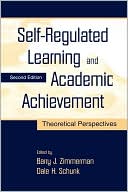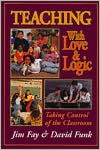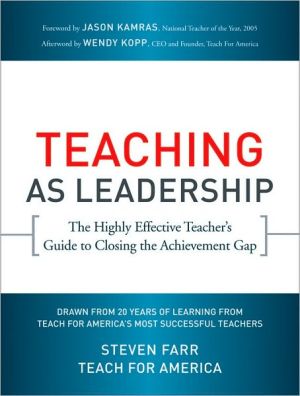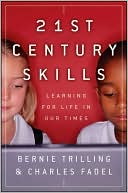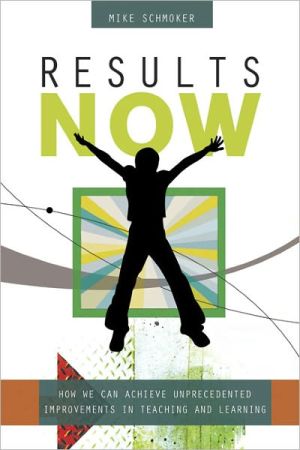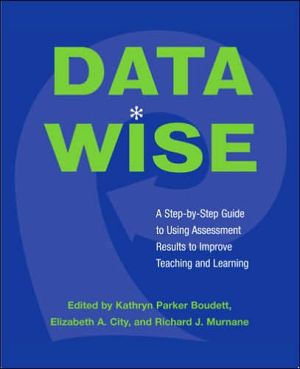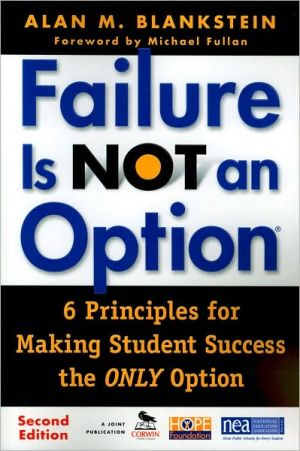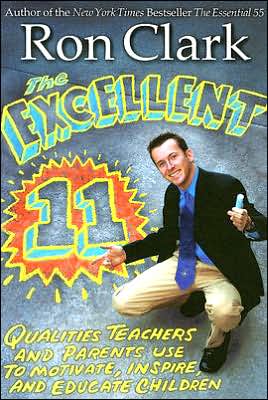Self Regulated Learning Academic P
Search in google:
This volume brings together internationally known researchers representing different theoretical perspectives on students' self-regulation of learning. Diverse theories on how students become self-regulated learners are compared in terms of their conceptual origins, scientific form, research productivity, and pedagogical effectiveness. This is the only comprehensive comparison of diverse classical theories of self-regulated learning in print.The first edition of this text, published in 1989, presented descriptions of such differing perspectives as operant, phenomenological, social learning, volitional, Vygotskian, and constructivist theories. In this new edition, the same prominent editors and authors reassess these classic models in light of a decade of very productive research. In addition, an information processing perspective is included, reflecting its growing prominence.Self-regulation models have proven especially appealing to teachers, coaches, and tutors looking for specific recommendations regarding how students activate, alter, and sustain their learning practices. Techniques for enhancing these processes have been studied with considerable success in tutoring sessions, computer learning programs, coaching sessions, and self-directed practice sessions. The results of these applications are discussed in this new edition.The introductory chapter presents a historical overview of research and a theoretical framework for comparing and contrasting the theories described in the following chapters, all of which follow a common organizational format. This parallel format enables the book to function like an authored textbook rather than a typical edited volume. The final chapter offers an historical assessment of changes in theory and trends for future research.This volume is especially relevant for students and professionals in educational psychology, school psychology, guidance and counseling, developmental psychology, child and family development, as well as for students in general teacher education. Booknews In this update of the 1989 text, the same mainly US contributors reassess diverse self-regulated learning theories in light of more recent research on "how students become masters of their own learning processes." Zimmerman (educational psychology, City U. of New York) discusses seven SRL theories in terms of their common features: operant, phenomenological, information processing, social cognitive, volitional, Vgotskian, and cognitive constructivist. Schunk is at Purdue U. Annotation c. Book News, Inc., Portland, OR (booknews.com)
PrefaceContributors1Theories of Self-Regulated Learning and Academic Achievement: An Overview and Analysis12Operant Theory and Research on Self-Regulation393Self-Regulated Learning and Academic Achievement: A Phenomenological View674Social Cognitive Theory and Self-Regulated Learning1255Self-Regulated Learning Viewed from Models of Information Processing1536Volitional Aspects of Self-Regulated Learning1917Self-Regulated Learning and Academic Achievement: A Vygotskian View2278Constructing Theories, Identities, and Actions of Self-Regulated Learners2539Reflections on Theories of Self-Regulated Learning and Academic Achievement289Author Index309Subject Index319
